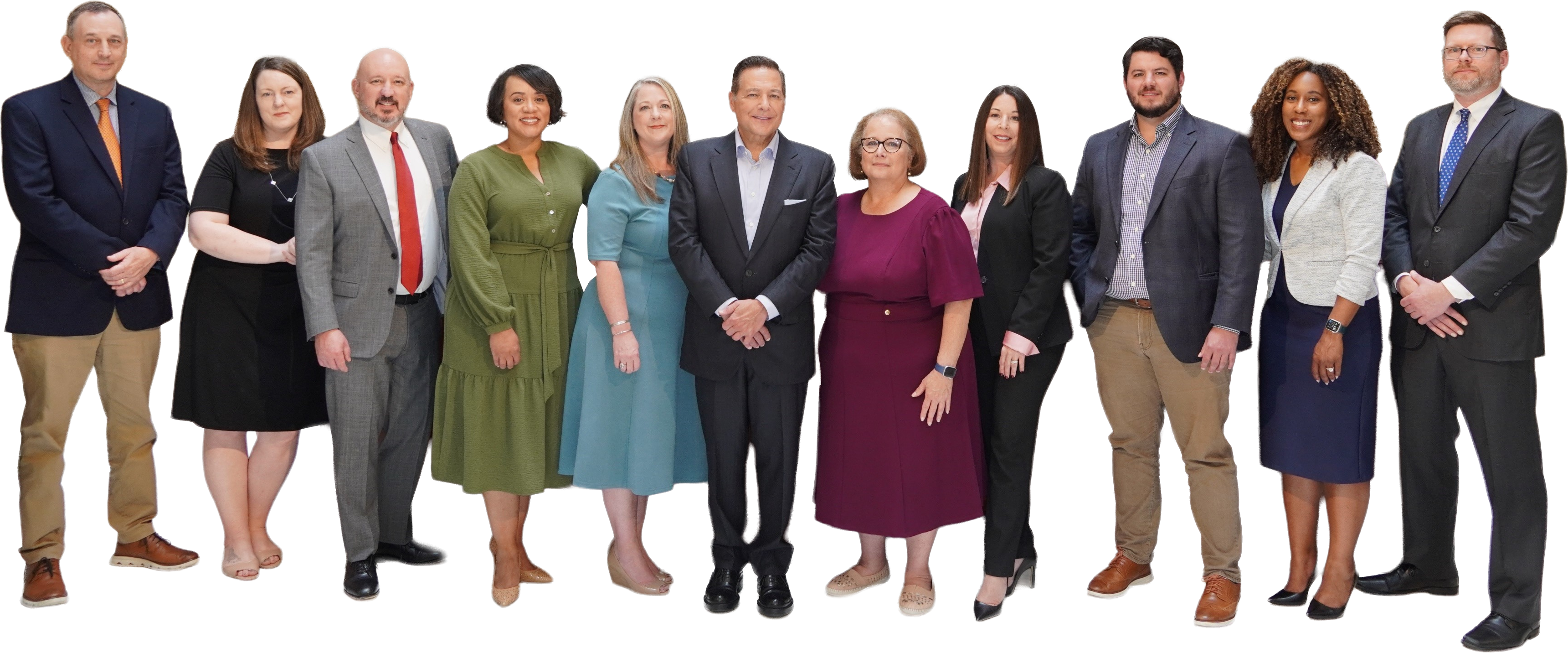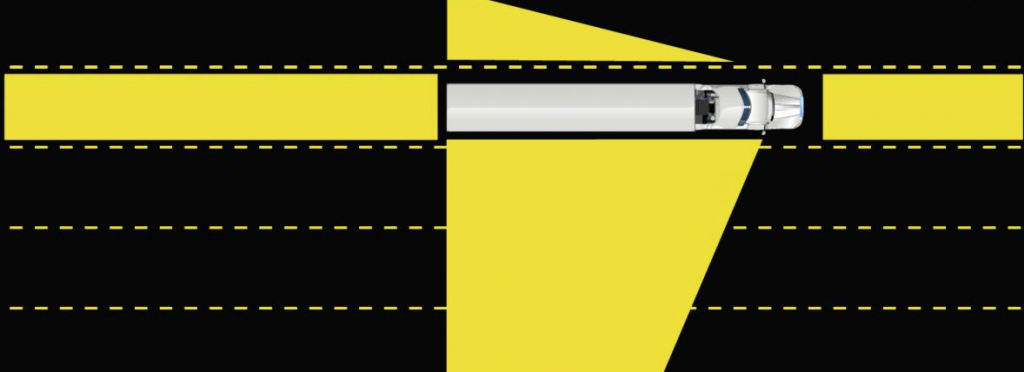Truck accidents in North Carolina often lead to serious injuries, property damage, and emotional distress. If you’re wondering how truck accident lawsuits work in North Carolina, the answer involves several legal steps. Victims must collect solid evidence, determine who the liable parties are, and file a personal injury claim or lawsuit within the state’s legal time limits.
The legal process includes working with insurance companies, reviewing driver logs and maintenance records, and proving negligence under North Carolina’s contributory negligence rules.
A North Carolina truck accident lawyer can help you recover compensation that may cover medical expenses, pain, lost wages, and more.
The Claims Process—How Do Truck Accident Lawsuits Work in North Carolina?
Filing a truck accident claim in North Carolina involves several legal steps. From gathering evidence at the crash scene to dealing with insurance companies, each part of the process matters. Below is a general overview of how these lawsuits usually unfold.
Step 1: Building the Case
The first step is collecting information that supports your truck accident claim. This includes photos of the accident scene, vehicle damage, and road conditions. Medical records, police reports, and witness statements also help show the extent of injuries and losses.
Victims or their representatives may also gather:
- Driver logs and employment records
- Truck maintenance records
- Black box or GPS data
- FMCSA or state traffic violations
- Information about the cargo and how it was loaded
Your North Carolina personal injury lawyer can help you gather evidence that shows fault by the truck driver, trucking company, cargo loaders, or others involved.
Step 2: Understanding Liability and Filing a Claim
North Carolina follows a contributory negligence rule. If the injured party is found even slightly at fault, they may not receive compensation. Because of this strict rule, proving full liability is especially important.
Liable parties can include:
- The truck driver
- The trucking company
- A vehicle or parts manufacturer
- A loading company
- Another driver involved in the crash
After identifying the responsible party, a personal injury claim is filed with the appropriate insurance provider.
Step 3: Dealing With the Insurance Process
Once a claim is filed, the insurance company will conduct its own investigation. Insurance adjusters may review medical records, crash reports, and damage estimates. Victims should be careful when speaking with adjusters, as their goal is to protect the insurance company’s interests.
If both sides agree on a fair settlement, the claim may close. If not, the case may proceed to a personal injury lawsuit.
For a free legal consultation, call (877) 333-1000
Possible Compensation From a Truck Accident Lawsuit
Truck accidents can leave victims with serious injuries, high medical bills, and lasting emotional distress. If you were involved in a commercial truck crash in North Carolina, you may be able to seek compensation through a personal injury claim.
The goal is to recover damages related to both financial and personal losses, depending on the facts of the case and who can be sued for the truck accident.
Medical Expenses and Ongoing Care
Medical care is often the largest expense after a truck collision. Emergency treatment, hospital stays, surgeries, medications, and physical therapy are just a few of the costs victims may face. Those with spinal cord injuries, internal bleeding, or traumatic brain injuries may require long-term treatment or help with daily tasks.
When injuries are long-lasting or permanent, compensation may also include future medical care and supportive equipment like mobility aids. Documentation such as medical records and billing statements is often used to support this part of the claim.
Loss of Income and Earning Potential
If injuries prevent someone from returning to work, compensation may cover lost wages. In serious cases, victims may not be able to return to their previous jobs at all. A truck accident lawsuit may include claims for future earnings, especially when the injury impacts a person’s career.
Loss of income often causes additional stress and may lead to financial hardships. The law allows victims to seek fair compensation that reflects how their earning capacity and job options have changed due to the injury.
Pain, Suffering, and Loss of Quality of Life
Non-economic damages are also considered in many claims. These refer to the emotional and personal effects of the crash that aren’t tied to a specific bill or receipt. This might include:
- Physical pain and ongoing discomfort
- Emotional distress or mental anguish
- Loss of enjoyment of daily life or hobbies
- Permanent scarring or physical changes
- Impact on personal relationships or independence
Each of these losses can be deeply felt, especially after a devastating accident involving a large commercial vehicle.
Wrongful Death and Punitive Damages
If the truck accident led to someone’s death, surviving family members may file a wrongful death claim. This action may seek compensation for funeral costs, lost financial support, and the emotional loss suffered by loved ones.
Punitive damages may be awarded in some cases when the driver or trucking company acted in a particularly dangerous way, such as driving while impaired, ignoring safety rules, or skipping required vehicle maintenance. These damages are meant to punish wrong conduct and help prevent future harm.
Click to contact our personal injury lawyers today
Consult a Truck Accident Lawyer in North Carolina
Truck accidents can lead to high medical expenses, emotional pain, and lost income. When large commercial trucks are involved, the injuries and damages are often more severe than in other types of motor vehicle accidents. Victims may be unsure of where to turn for help or how to begin the legal process.
If you were hurt in a truck collision, speaking with a legal representative may help you understand your next steps. DeMayo Law Offices has helped thousands of injury victims across the state.
If you are unsure about your rights or the compensation you may be owed, reaching out to DeMayo Law for a free consultation with a member of the team can be an important first step toward protecting your future.
Call or text (877) 333-1000 or complete a Free Case Evaluation form




